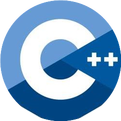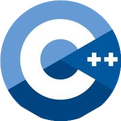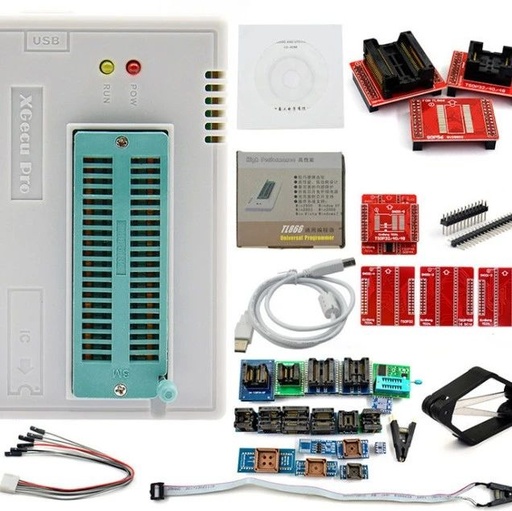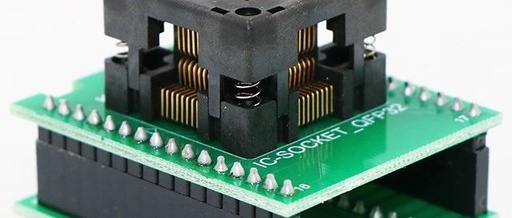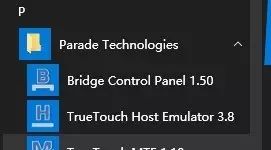Creating a New World | Step Counter Alarm Device
Authors: Zhu Youming, Wang Zifan, Xu Chenhao This article is sourced from “Invention and Innovation” July 2023 High School Edition Students usually have to wake up early for school, and accompanying parents often wake up even earlier. Sometimes, if a student is home alone, they rely entirely on an alarm clock to get up. Some … Read more


